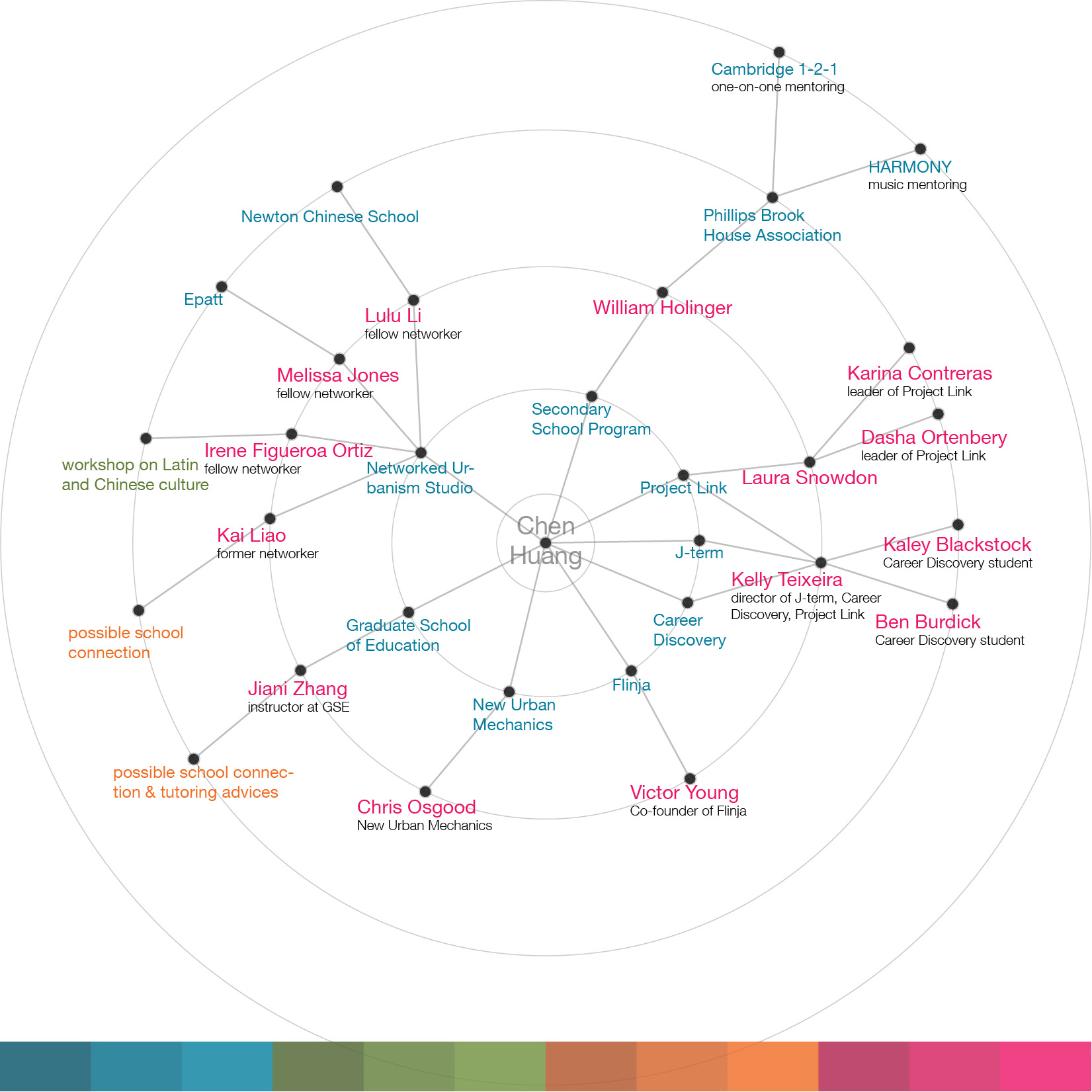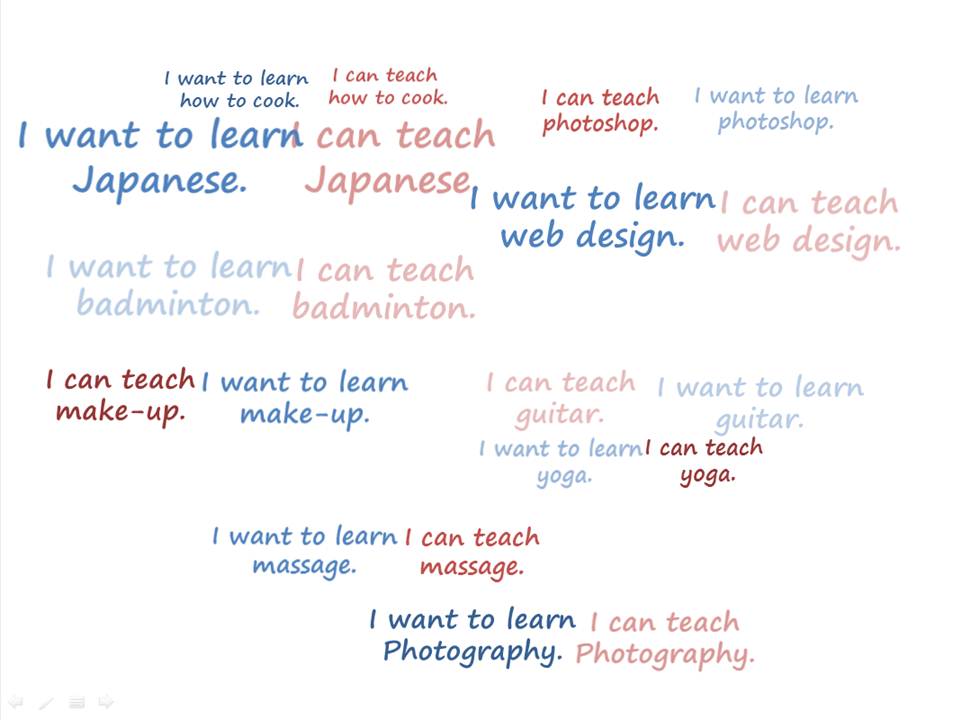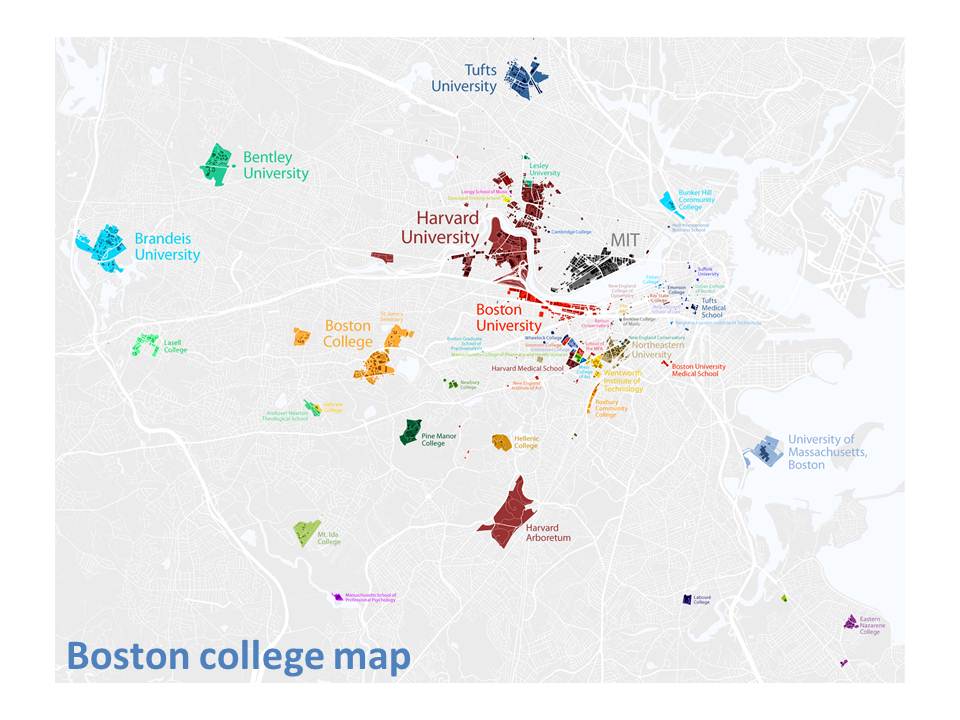Networked Urbanism
design thinking initiatives for a better urban life
apps awareness bahrain bike climate culture Death design digital donations economy education energy extreme Extreme climate funerals georeference GSD Harvard interaction Krystelle mapping market middle east mobility Network networkedurbanism nurra nurraempathy placemaking Public public space resources Responsivedesign social social market Space time time management ucjc visitor void waste water Ziyi
Posts by Huang, Chen
FunChinese is a project aiming to connecting people with complementary language skills to share with each other. Through the physical interaction, people begin to gain not only languages but also the knowledge of another culture. More importantly, participants get a natural familiarity with a group of people rather than a single one. And further, this will bring a sense of involvement in the larger community, and more open to new things that one encounters as a new-comer.
Boston has become more and more international. In particular, from 2000 to 2010, the Asian population in Boston multiplied by 1.6. Not only do they represent a minority group of people but also they bring different cultural backgrounds.
Among the growing Asian population in Boston, international students represent an important group. In the Graduate School of Design, there are 327 international students from 56 origins, which accounts for 39.8% of the 821 students. Among these students, more than 150 are from Asia, mainly China and South Korea. Since the cultural background and mindset of Asian students are fundamentally different from the western world, it is hard for them to adapt into the life in the US.
Some Asian students felt reluctant to speak or make friends. Not because they don’t have the ability to communicate, but because of a natural insecurity in a new environment. On the other hand, international students tend to stick much more to people from the same country.
As the number of international students continues to grow in the GSD and at the larger Boston area, it becomes important to help them better and faster adapt to the new environment. This will benefit international students, and also bring a more healthy and active interaction between all students.
FunChinese takes language as a tool to connect people from distinct backgrounds. Language influences the way different people see the world. It is also a door through which we begin to understand the core of a culture, its ideology as well as deeper meaning. Through the sharing of one’s own culture, students become more open to communicate with peers and thus building a more healthy connection.
International students come from a different culture and are able to bring a diverse insight in a discussion. Especially students from countries like China, South Korea, where there are many developments happening, this cross-cultural interaction could lead to professional practices.
Taking Chinese as starting point, FunChinese takes action by involving students with a Chinese background with students who have interest in Chinese language or Chinese culture, through the form of group meeting and one-on-one interaction. The project starts in the small community of GSD, and then grows in collaboration with the School of Engineering. In the whole process, this project has received highly positive support and response from participants and school directors, and is aiming to continue and expand in the next year.
By contributing to the community, members have benefited from a cross-cultural exchange. Through the weekly interaction, American participants have got the chance to know more about Chinese culture; Chinese participants have been able to engage themselves with the larger GSD community, and found a self-identity as a valuable member with a distinct and meaning cultural background.
FunChinese takes Chinese as a prototype of promoting cultural communication through the means of language.
Boston has become more and more international. In particular, from 2000 to 2010, the Asian population multiplied by 1.6. Not only do they represent a minority group of people but also they bring different cultural backgrounds.
Taking Chinese as starting point, FunChinese is a project aiming to connecting people with complementary language skills to share with each other. Through the physical interaction, people begin to gain not only languages but also the knowledge of another culture. This is a prototype of promoting cross-cultural exchanging.
THINK BIG:
WeShare is a public service platform committed to promote equity and access in the application for college and university led community programs. WeShare serve applicants and member programs by promoting holistic application and selection process.
START SMALL:
Membership is open to college and university led non-profit programs that strive for provide vital resources to local communities and grow public service leaders on multiple levels in the Boston and Cambridge communities.
On WeShare, applicants discover amazing community-based, nonprofit public service programs they would have never otherwise known. WeShare also believes strongly in providing free and equal access to non-profit programs for all applicants, regardless of socio-economic status.
For non-profit programs:
+ Many programs are small scale and cannot afford to have a website. WeShare can provide easy setup for them to have a storefront. Better publicize themselves with statements, images, videos and contact information.
For applicants:
+Applicants who want to explore can search for programs based on Interest, community, day, type, time period, etc.
ACT NOW:
I’m trying to connect to as many programs as I can. Also there are several key projects that I’m participating to establish better connection with them. Meanwhile, I’m revising the website interface to make it more appealing and functional for applicants and member programs.
LearnIt
Think Big:
To create a quality, affordable, peer-to-peer learning platform. For people who:
-Are driven by a passion to share real-world skills based on his or her individual expertise.
-Have a broad spectrum of interests and want to try something out.
Start Small:
The first phase of the project aims to connect high school students with college students. High school students can get a taste of what college life, figure out what they want to learn in college among a broad spectrum of interests and get prepared for higher education. College students can make some money sharing what they are good at, what they have experienced and what they are learning.
The project would be based in Boston, taking advantage of the great university resources in Boston area.
Act Now:
This week I’ve got in touch with the director for Harvard Secondary School Program, GSD J-term and Career Discovery, GSD Project Link, Flinja. I’m scheduling several interviews with them, trying to find out how they reach out to high school students, what are the connection built that I can borrow, what are the most popular interests from past experience. Meanwhile, I’m conceptualizing the website interface.
Think Big:
32 percent: The growth in the number of international students in the past decade.
157,558: The number of students from China, a group that makes up 22 percent of all international students.
23 percent: The growth for all Chinese students in one year.
Chinese students have become a major force in international students in US. What will they learn in the United States? What will they confront? Most Chinese applicants are not aware enough before they come, while there are already so many Chinese students in the United States. One group needs to know, while the other knows. How can we build the linkage between these two groups?
Start Small:
Chinese students in GSD have been growing in the past few years. Currently there are more than 100 Chinese students. Of this 100 students, there are people from different programs, different ages, different backgrounds… Starting from this group, we could begin to understand how the linkage could be established, and how their information could benefit the students after them.
Act Now:
Currently, I’m trying to unit the current Chinese students to let them feel the power of themselves. In the meantime, I’m interviewing students from different program. The talk would be mainly around their academic study (what they expected, what they have learned, what are the challenges, etc)
1. Build a website to record the activities and events of Chinese GSD students.
2. Interview starts from MLA program (first, second and third years)
First Interviewees: GU Zi (2nd year), DONE. DAI Zhewen (2nd year), Appointment 10/2. HAO Peichen (1st year), Appointment 10/5. HAO Shuai (3rd year), Appointment
Expected output: a brochure of their talk & online access
3. Contact applicants in China to see what they want to know. (personal contact & online forum)
Huang, Chen
It appears that Huang, Chen hasn't tweeted anything yet.







